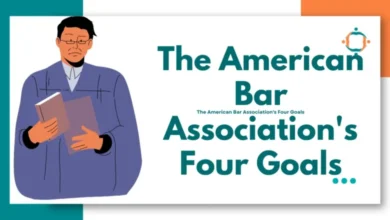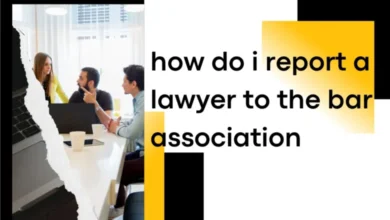Do You Need a Lawyer to Make a Will?

No matter the extent of your estate plan, writing it down is the only surefire way for it to become legally binding. You have various options when creating your will: hiring an attorney, following templates online or hiring will-creation services.
Your will should include a declaration and be witnessed by two impartial parties; one should not have any interest in your estate.
Do I need a lawyer?
Estate planning may be best left in the hands of legal professionals, particularly if your estate involves significant assets and complex plans for passing along property ownership, or is associated with family issues or past disputes.
But for those with straightforward estates and few complexities, writing their will on their own can often be done successfully. Simply become aware of the requirements for valid wills in your state and understand your specific circumstances before trying it yourself.
First and foremost, any willmaker must possess mental capacity. Your will must then be signed by at least two independent witnesses before being submitted for probate in certain states. Furthermore, some require a self-proving affidavit as proof.
Some services provide online tools to assist with this process, guiding you through all the required steps and providing guidance as you go. Although these services vary in cost depending on what services they provide you with, their fees typically are significantly cheaper than attorney’s fees which can cost hundreds of dollars an hour.
Do I need a power of attorney?
Wills are legal documents that specify your wishes regarding the distribution of your property and assets. A will can also name guardians for any minor children. In New York law, wills must be signed by at least two witnesses in order to be valid.
A power of attorney is a legal document that authorizes someone you trust to make business, financial and legal decisions for you if you become incapacitated or cannot. When selecting your power of attorney agent it’s best to choose someone trustworthy who knows how best to manage your affairs – they should understand both finances and investments as well as being not be beneficiaries or named in your will.
As part of selecting an agent you trust, it may also be prudent to include a co-agent as an emergency back up option in case the primary agent becomes unavailable, moves away, or passes away unexpectedly. Many online services offer this feature at an additional fee.
Do I need a living will?
A living will is a document that details your medical care preferences, such as whether or not to undergo life-prolonging procedures. It’s also known as an advanced directive or healthcare declaration.
Though creating a living will may seem like something only seniors or those living with terminal illnesses would benefit from creating, adults of all ages can benefit from making one. When discussing this plan with healthcare providers they can guide you through any necessary treatments or end-of-life decisions that come up.
A living will is a legal document that must be written and signed in accordance with state laws. Additionally, in order for it to take effect it requires certification by a physician that you are permanently unconscious or terminally ill. Furthermore, you should keep copies in a safe place while providing copies to healthcare agents, alternate agents, physicians and hospitals as needed. Furthermore, updates should be stored somewhere easily accessible.
Do I need a trust?
Dependent upon the complexity and value of your estate, creating a trust may be worthwhile. An attorney can help determine whether a trust is needed, what type of trust would best meet your needs, and assist in the transfer of properties into its name.
Legal wills provide many other advantages as well. They can name guardians for any minor children should you die and detail all your assets – leaving money for family, friends or charitable causes; additionally if you own pets you can even create a pet trust.
Many online companies offer DIY will services, and when selecting one make sure it has been certified by an attorney to ensure its legal validity in your state. For New York wills this must be signed in front of two witnesses with no financial interest in the estate who must sign a self-subscribing affidavit that includes their address.



